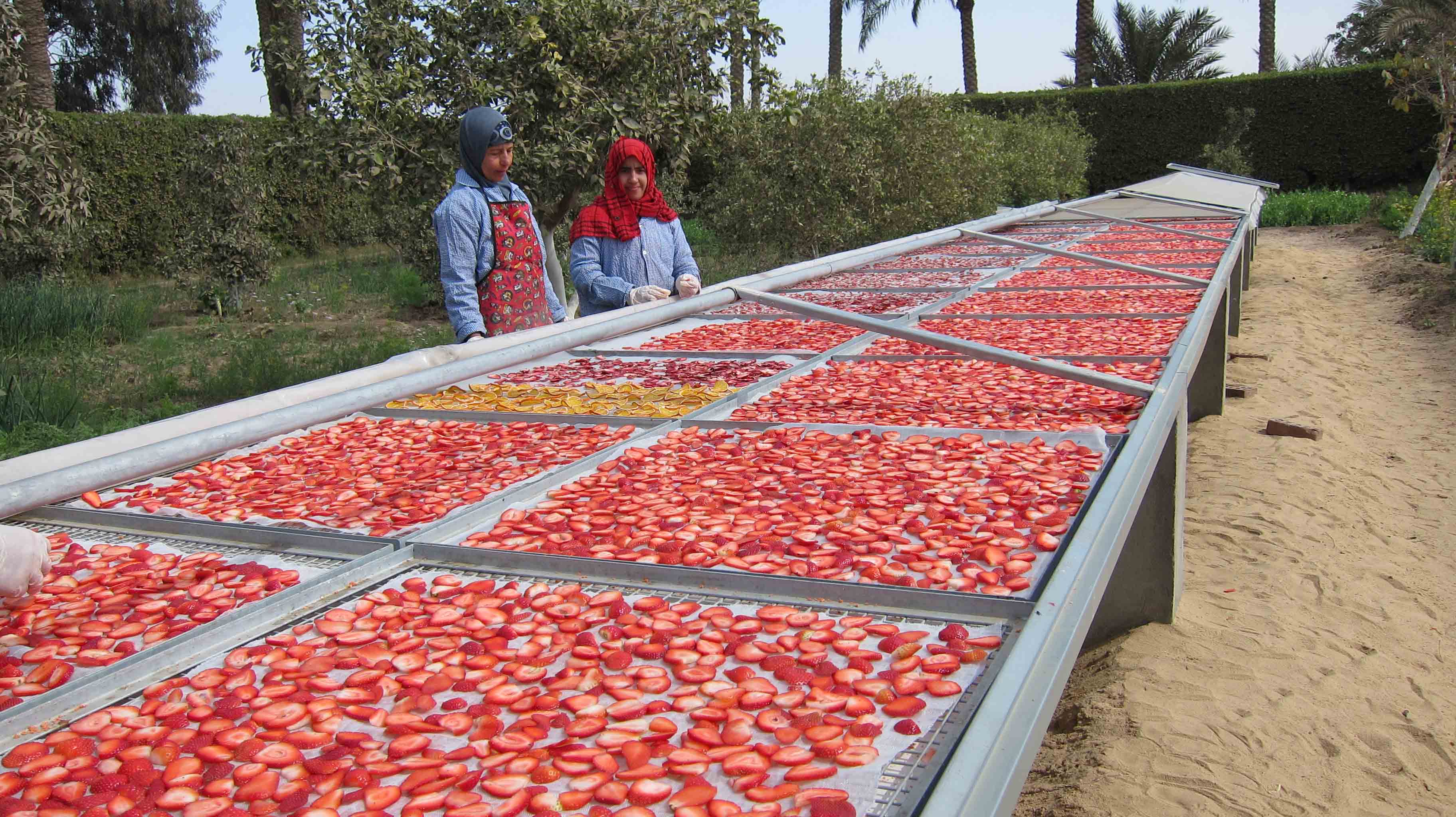The conclusion by Albert Schweitzer in his book “Philosophy of Civilisation” is that “moral and social deterioration make renaissance and development impossible”.
When negative values such as lying, slander, pretension, exaggeration, and absence of moral scruples or conscience dominate a community with them appear behaviours such as insults, humiliation, idleness, bribes, forgery, and many delinquent patterns.
This moral and social environment was prevalent in the late era of ancient Greeks, Romans, Ottomans, and Russian Tsars. Schweitzer even says it is close to becoming laws of physics; the more moral and social deterioration a community has, the further the fall in renaissance ethics of mutual trust, willingness to sacrifice, and work together. Thus the process of development and evolution becomes impossible.
This is the dilemma faced by many southern communities that gained independence after World War II, where moral deterioration was the master of the situation in most of these countries and their leaders sought three directions: first, there should be an authority that is credible and can be a role model in terms of sacrifice generosity and commitment; second, updating legislative structure and applying strictly on everyone; third, by using all means of awareness – education, media, and religious and cultural discourse –moving all national figures and leaders of public opinion to make a paradigm shift in the way of thinking, pattern of consumption, and lifestyle of the new generations.
Schweitzer’s words completely apply to what we are currently going through in Egypt; the moral and social deterioration that affects almost all aspects of life in Egypt. This is apparent in the behaviour of many figures in the media (who hold a very wide influence) and the issues they discuss, which give rise to discord, killing hope and destroying values.
It is also apparent in the viour of some parliamentarians who prove that the deterioration reached the minds of the voters who made the wrong choice of electing them. The deterioration also appears in the behaviour of some of those in charge of law enforcement, to the behaviour of some teachers and its reflections on students.
It is apparent in the negative messages from adults to the young, the considerable increase in divorce rate, and with it comes the phenomenon of breadwinner mothers. Deterioration is very clear in the improper words and insults on social networks, which do more to separate people than to bring them together, and the behaviour of people on the streets and in public places.
All these aspects, if put together and measured by Schweitzer’s ruler, conclude that we are deteriorating morally and socially. Society is disintegrating and its decay will certainly reflect in the disintegration of the state and the poor performance of those in power, because no matter how good intentions are at the top of the pyramid of power, the threads connecting the top of the pyramid, its middle, and its base will not succeed in establishing the structure of values to change behaviours and thus to bring about a serious renaissance.
I know the list of power in the country has immense tasks as we have not heard a peep from many sectors in the country due to many years of moral and social deterioration. This is what the president was referring to when he said, “Whenever I put my hand in a field, I am faced with big problems”.
This is completely understandable owing to a common denominator among all sectors: the moral and social deterioration of those responsible for such sectors.
The solution will not only be in more investment, more tourism, and more reclaimed lands. The solution must be linked to the people, their character, and behaviour, which should be given more attention by the state.
I wish the president to appoint someone full-time as the “presidential assistant for values and behaviour” who would carry the responsibility of coordination and follow-up with relevant people to benefit from the three aforementioned directions.
Moataz Bellah Abdel-Fattah is an Egyptian professor of political science. He has been an adviser to the prime minister of Egypt, and Professor of political science at both the Cairo University and Central Michigan University.




